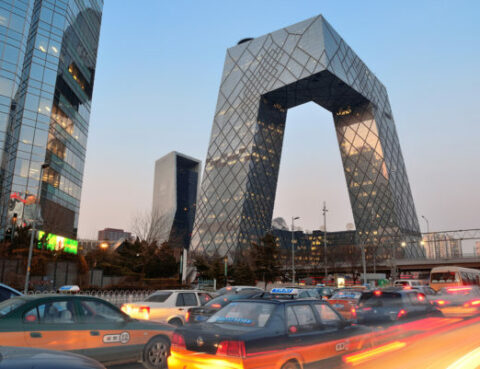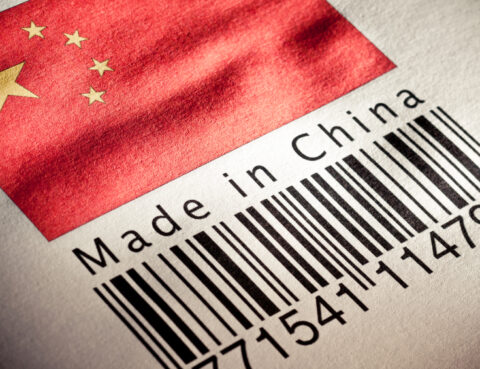China represents the 4th market for the consumption of organic products with a value of € 8 billion and the 8% of the global sales worldwide. Therefore, it shall be considered as a target market for those operators who intend to export this category of products globally. It should be noted that the Covid-19 pandemic,…
In June of the last year, the State Council of the People’s Republic of China issued the “Regulation on the Supervision and Administration of Cosmetics” (hereinafter the Regulation), which introduces a number of new provisions with regard to import, production and selling of cosmetics in China. The Regulation came into force from 1 January 2021…
Recently, the National Health Commission and the General Administration of Market Supervision updated and implemented new national standards (GB) for food products traded in China. Among these, a sanitary and quality standard for dairy products will come into force from 22 November 2021, replacing the current GB 5420-2010. The phenomenon of urbanization, together with…
On 12 April 2021, the General Administration of Customs of PRC (GACC) reviewed the current law applicable to the importation of food in China and promulgated respectively the Regulation no. 248 – “New version of Registration and Management Rules of Overseas Manufacturers of Imported Food” and the Regulation no. 249 – “New version of Administrative…
During the twelfth National People’s Congress, a newly established committee was entrusted with the task of laying down a new environmental protection regulation. It is expected that the official implementation of this regulation will begin in 2018 leading to an ever increasing attention by the Chinese authorities towards environmental protection. The decree which came into…
Beijing, Monday 28 August 2017, the Supreme People’s Court issued a new interpretation of corporate law (Company Law of the People’s Republic of China). This interpretation extends the rights of shareholders within the company and among shareholders. Article 22 of the Company Law regulates the invalidity of the resolutions of the main organs of a…
The new regulation on food safety (Food Safety Law) came into force in Shanghai in March 2017. Lately, China has been increasingly showing the will to dissociate itself from the label of being a backward country. The country’s latest effort concerns food safety, the regulation of which seems to place food related scandals into the…
On 16 May 2017 the CFDA – China Food and Drug Administration published a third batch in the list of the Class I and II medical devices which will no longer need clinical trials to obtain registration The market for medical devices in China is constantly evolving. The exemption from the obligation to carry out…
On 1 June 2017, the Network Security Law of the People’s Republic of China, also known as Cybersecurity Law, came into effect. The regulation aims at increasing the level of security and protection of the IT data in the Chinese territory. The new concept of Cyberspace sovereignty has been coined by the Chinese legislator. The…
Made in China 2025 is a strategic development plan promoted by the Chinese government which aims at improving the international competitiveness of the Chinese manufacturing industry within 2025 through a greater use of robotization and automation processes. Financing and incentives shall be granted for such purpose to Chinese companies who intend to purchase or develop…










